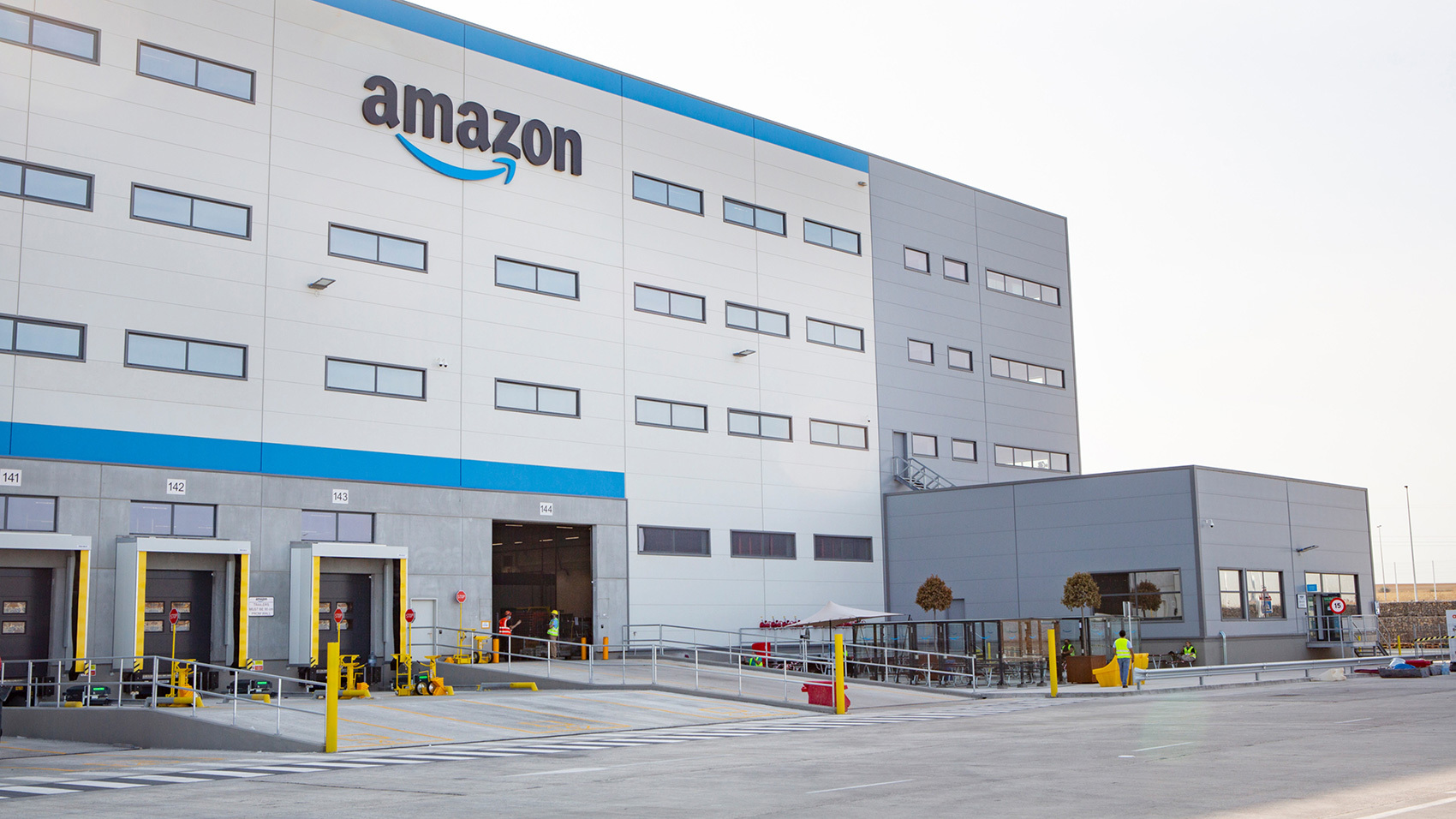Importance of Supplier Resilience
Resilient supplier relationships help organizations withstand unforeseen challenges and create a more sustainable and responsive supply chain. Some key benefits include:
- Enhanced Risk Mitigation: Strong supplier relationships ensure better communication, transparency, and proactive risk management.
- Operational Agility: A well-aligned supplier network allows businesses to respond quickly to market demands, reducing lead times and improving service levels.
- Cost Efficiency: Long-term partnerships help in negotiating better pricing, securing priority access to resources, and reducing procurement costs.
- Innovation & Collaboration: Close collaboration with suppliers fosters innovation by integrating new technologies and sustainable practices into the supply chain.
Key Strategies for Building Resilient Supplier Relationships
1. Supplier Diversification & Risk Management
Avoid dependency on a single supplier by diversifying sources. Conduct risk assessments to identify vulnerabilities and create contingency plans for potential disruptions.
2. Transparent Communication & Data Sharing
Establish open communication channels with suppliers to ensure transparency in production timelines, inventory levels, and potential challenges. Real-time data sharing through digital platforms can enhance visibility and decision-making.
3. Long-Term Strategic Partnerships
Rather than focusing solely on cost reductions, businesses should develop strategic partnerships based on mutual growth, shared values, and innovation. Establishing long-term contracts with performance-based incentives strengthens supplier commitment.
4. Technology Integration for Supplier Collaboration
Leverage digital tools such as blockchain, IoT, and AI-powered analytics to streamline supplier interactions, enhance visibility, and improve tracking of goods across the supply chain.
5. Supplier Development & Capability Building
Invest in supplier development programs, training, and knowledge-sharing initiatives. Helping suppliers improve their processes and sustainability practices contributes to a more resilient and robust supply chain.
Case Study: Toyota’s Supplier Relationship Model
Toyota’s supplier relationship strategy focuses on long-term partnerships, collaboration, and innovation. During the 2011 earthquake and tsunami in Japan, Toyota’s strong supplier network helped it recover quickly. The company’s keiretsu (close-knit supplier relationships) allowed for real-time communication and resource allocation, minimizing production disruptions.
Conclusion
Building resilient supplier relationships is critical for navigating uncertainties and enhancing supply chain agility. By fostering transparency, collaboration, and innovation, businesses can create a strong, adaptable supply chain that sustains long-term success. Investing in supplier resilience is not just about risk mitigation—it’s about unlocking strategic advantages for growth and competitiveness.
.png)
.png)







